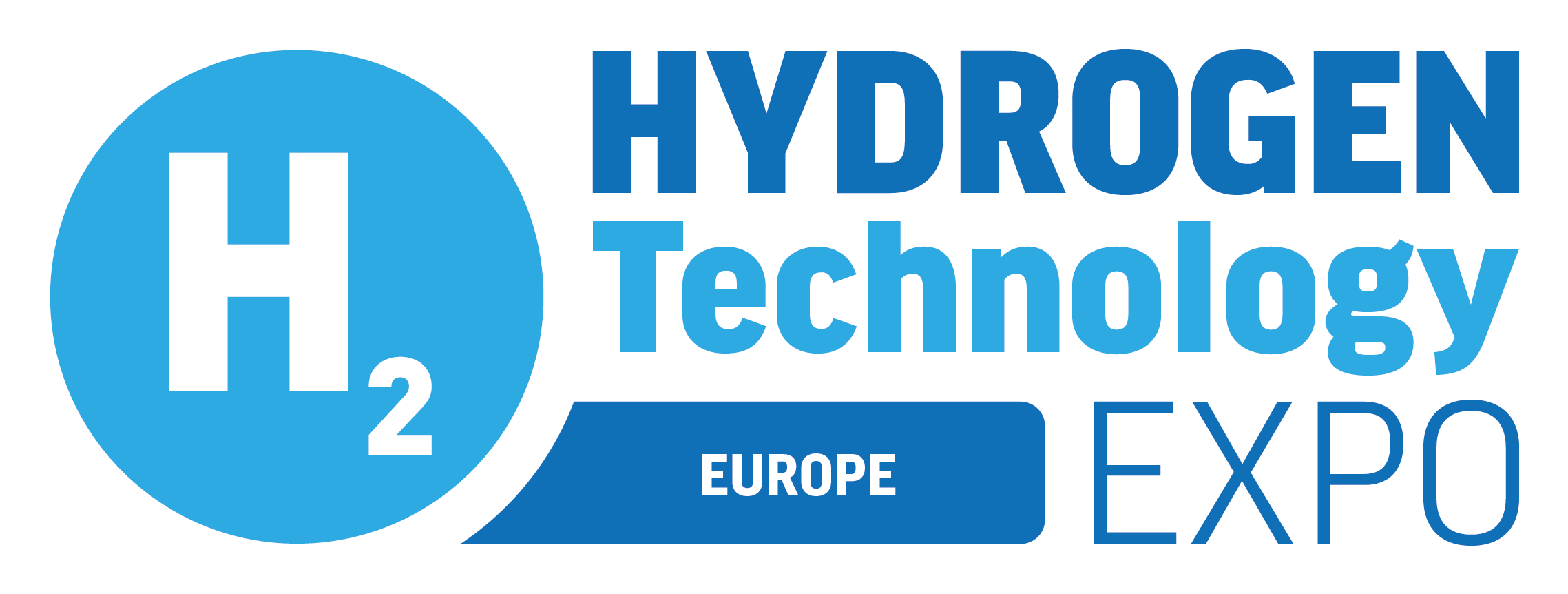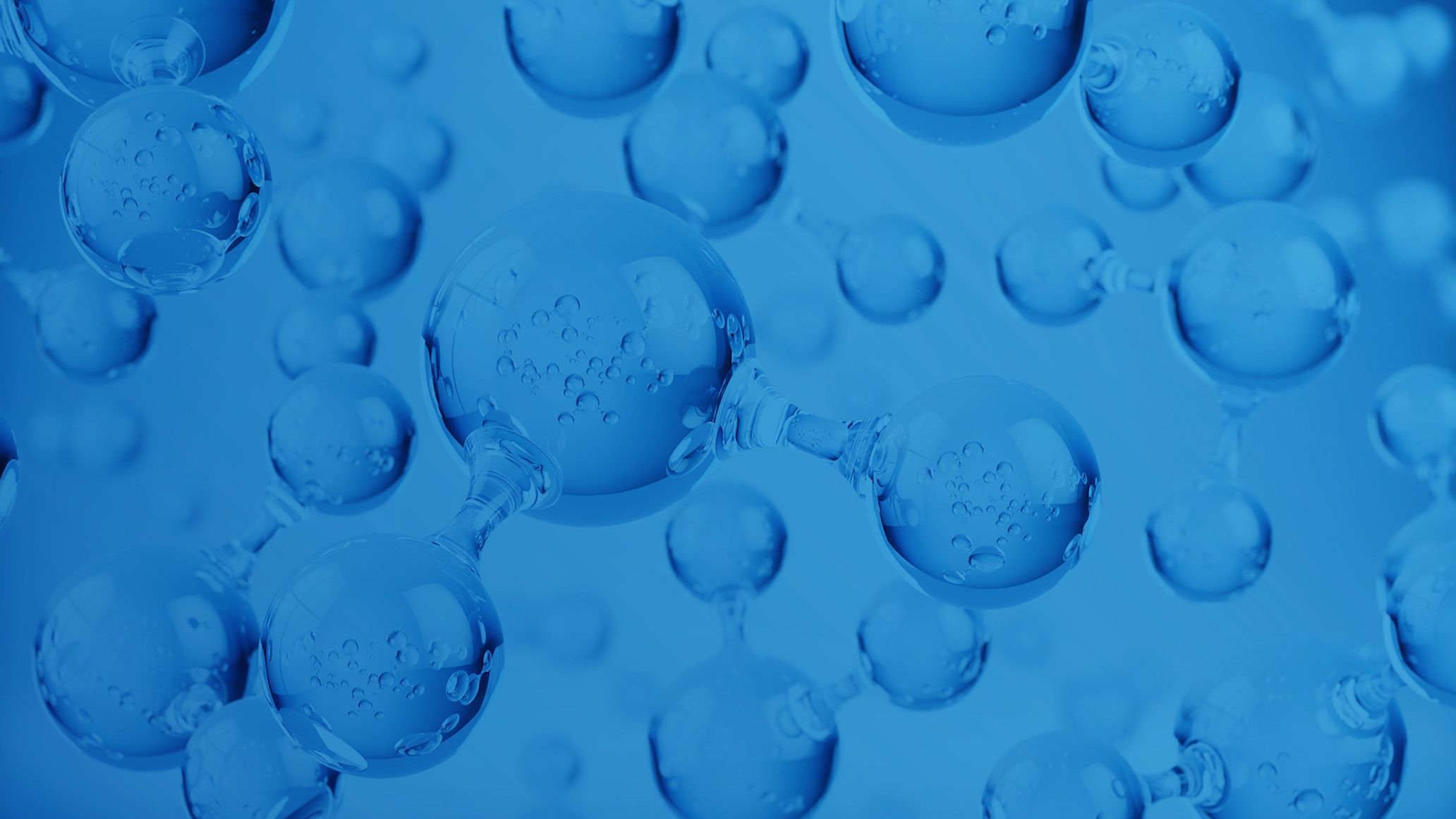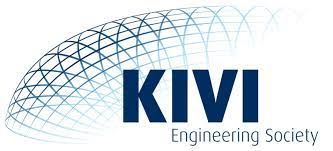
David Deegan
Chief Technology Officer,
Tetronics
David has 25 years of international industrial experience and holds a B.Eng.(Hons) in Materials Science and Engineering (University of Surrey) and a PhD in Applied Science and Engineering (University of Bath). David is a Fellow of the Chartered Institute of Materials, Mining and Metallurgy (FIOM³) and a Chartered Environmentalist (CEnv) since 2010.
From a strong technical foundation, he has diversified, embraced challenges and taken overall responsibility for the technical performance of Tetronics plasma processes and products; translating applied research and development into engineered commercial industrial processes. He internally and externally represents the technical interests of companies at both the Management Team and Project levels, frequently engaging with a wide range of stakeholders
In 2006 he became the Technical Director of both Tetronics and Platinum Recoveries Limited (PRL). PRL operated a fully integrated 25,000 tonnes per year waste recovery facility and was the UK’s first independently licensed thermal plasma waste recovery facility. Key responsibilities were operational cost controls, technical metal accounting and environmental compliance. The established facility was successfully sold to international operating clients. Thus David has a thorough understanding of the regulatory framework that surrounds the Environmental Sectors, from plant engineering, permitting through to compliance monitoring of installations and residues, comfortable working within the protocols of ISO 9001, 14001 and 45001.
With an increasing focus on sustainability and circularity, for the past two years, Tetronics’ team has been researching, designing, building, and operating the first-of-its-kind Tetronics Hydrogen Plasmolysis (THP) system. The work, originating from literature and thermochemical-based calculations, resulted in the team developing a series of hydrogen production trials funded by the UK Government’s Department for Business, Energy, and Industrial Strategy (BEIS). Leveraging Tetronics’ background IP and know-how, the system took plasma-based hydrogen engineering and production beyond the scale achieved previously. The pioneering work demonstrated the benefits of plasma-assisted hydrogen production by achieving high hydrogen yields with a lower electricity consumption than the current electrolysis industrial benchmark. In summary, the results of feasibility trials suggested plasma could be instrumental in achieving a competitive, energy-efficient, green hydrogen supply solution and were the springboard for the current 300 kW commercial demonstrator project supported by DESNZ.
Sessions
-
24-Oct-2024Hydrogen ProductionThe future potential of plasmolysis for the full hydrogen economy




)
)
)
)
)
)
)
)
)
)
)
)
)
)
)
)
)
)
)
)
)
)
)

)
)
)
)
)
)
)
)
)
)
)
)
)


)
)
)
)
)
)
)
)
)
)
)
)

)

)
)
)

)
)
)

)
)
)
)
)
)
)
)
)
)
)


)
